
Top Free APIs Every Developer Should Know in 2024
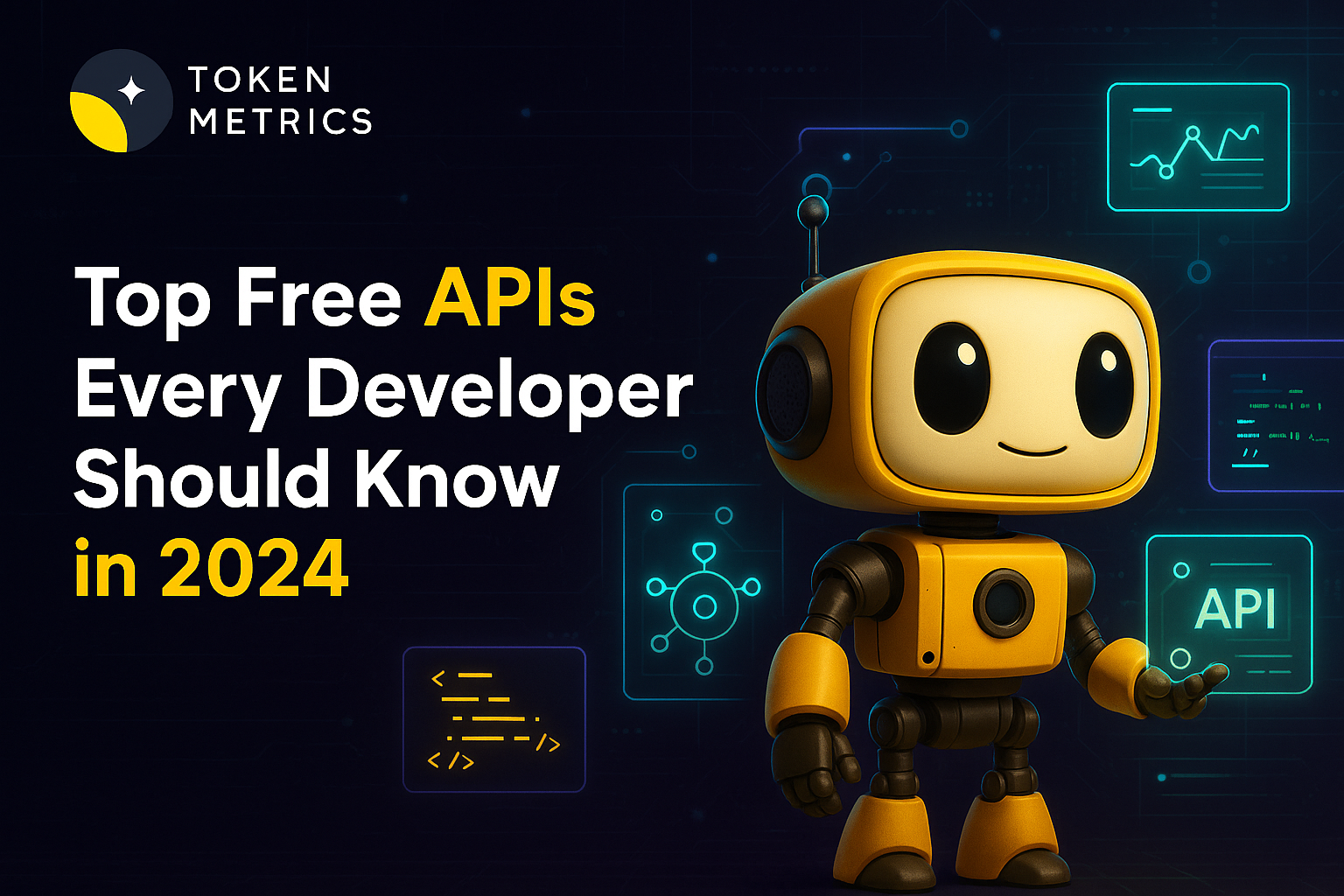
APIs are the silent workhorses powering today’s most innovative software. Whether you’re a crypto enthusiast automating portfolio analysis, or a web developer looking to enrich your app with real-time data, the right free API can supercharge your project—and your productivity. But with thousands out there, which free APIs truly stand out for reliability, ease of use, and breadth of features?
Why Free APIs Matter for Developers and Innovators
APIs—Application Programming Interfaces—allow applications to seamlessly interact, share insights, and build on each other's strengths. The best free-to-use APIs democratize access to powerful datasets, functionalities, and market signals. For crypto, AI, fintech, or simply creative digital projects, high-quality APIs can:
- Accelerate product development with ready-made data and processing tools
- Enable experiments in new tech areas without initial investment
- Foster community-driven innovation thanks to open documentation and easy onboarding
However, not all free APIs are created equal. Some offer limited usage tiers, outdated data, or spotty reliability. That’s why informed selection is crucial, especially for mission-critical apps.
Top Free APIs for Cryptocurrency and Blockchain Projects
The crypto landscape thrives on transparency and timely data. For enthusiasts building bots, dashboards, or research tools, these free APIs consistently earn praise:
- CoinGecko API: Delivers comprehensive token prices, volumes, and market data. Free tier includes generous rate limits and supports thousands of assets.
- CoinMarketCap Public API: Offers price feeds and historical data for cryptocurrencies, ideal for analysts and monitoring tools.
- Etherscan API: The go-to source for Ethereum blockchain explorers, enabling developers to fetch address balances, smart contract source, and token transactions for free.
- Glassnode API (Free Tier): On-chain metrics and indicators, including supply activity and network health, are freely accessible for non-commercial use.
These APIs are often foundational building blocks for portfolio trackers, on-chain analytics, and even education platforms. Crucially, they’re maintained, well-documented, and support broad application ranges without requiring payment—or personal information—at the entry level.
Best Free APIs Across Data, AI, and Web Development
If your project stretches beyond crypto, the open web is full of powerful (yet freely accessible) APIs for various domains:
- OpenWeatherMap API: Real-time and forecast weather data for any global location. Great for travel, logistics, and even DeFi insurance products.
- NewsAPI: Aggregates global headlines and breaking news. Many developers use it for sentiment dashboards, trend-following, or daily newsletters.
- OpenAI API (trial/limited free tier): Enables natural language understanding, chatbots, and text processing. Developers can access some GPT models for experimentation on a free plan.
- RapidAPI Hub: A directory hosting hundreds of free-to-use APIs in every possible category—from sports to sentiment analysis. RapidAPI offers unified onboarding and monitoring.
- Public-APIs (GitHub Community List): An open-source, crowd-curated list of categorized free APIs, kept up to date for AI, datasets, image processing, and more.
These tools let you build everything from machine learning prototypes to hobbyist weather notifiers. Carefully review usage limits and (where relevant) data privacy arrangements as you scale your innovation.
How to Choose and Integrate Free APIs Securely
Not every free API is equally reliable or secure. Situations to consider include:
- Data Accuracy and Uptime: Ensure the provider offers a clear SLA or uptime history, especially for finance or real-time apps.
- Privacy: Favor APIs that don’t require sensitive personal data unless absolutely necessary.
- API Limits and Scaling: Free tiers are often rate-limited. Consider future upgrades and monitor usage to avoid service interruptions.
- Documentation and Community: Well-documented APIs, ideally with samples and open forums, accelerate integration and reduce confusion.
When integrating, secure your keys in environment variables, use HTTPS endpoints, and avoid exposing credentials in public sources. Always plan for error handling and fail-safes.
The Growing Role of Free APIs in AI and Analytics
The explosion of AI-generated insights and predictive analytics owes much to accessible APIs. With free endpoints for data labeling, model inference, and sentiment tracking, even small development teams can launch powerful, AI-enhanced products. Projects like Hugging Face’s free models hub or the OpenAI playground democratize once-complex capabilities, unlocking new digital frontiers for research and public good.
For crypto analysis, AI-backed APIs—like those from Token Metrics—combine quantitative techniques and machine learning to highlight actionable trends and on-chain activity. As free API ecosystems expand, expect an even richer toolbox for developers at every skill level.
Build Smarter Crypto Apps & AI Agents with Token Metrics
Token Metrics provides real-time prices, trading signals, and on-chain insights all from one powerful API. Grab a Free API Key
What is an API and why are they essential in crypto or AI?
APIs let different software systems communicate and share data or services. In crypto, APIs deliver live price data, transaction histories, and on-chain analytics. In AI, APIs allow access to model inference, data labeling, and natural language processing, lowering barriers for developers and researchers.
Are free APIs truly reliable for production use?
Many free APIs maintain high uptime and data accuracy, especially those from reputable organizations. However, they may have stricter rate limits, fewer support options, or evolving terms. For mission-critical operations, always implement redundancy and review official service level commitments.
Which are the best free APIs for cryptocurrency analysis?
Popular options include CoinGecko, CoinMarketCap, and Etherscan for price and blockchain data. For AI-driven insights, platforms like Token Metrics provide actionable intelligence with robust free tiers.
How do I keep my API keys and data secure?
Never hardcode keys in public repos or client-side code. Use secure storage (environment variables or vaults), enforce HTTPS, rotate keys regularly, and monitor API access logs to identify anomalies.
What should I check before integrating any free API?
Review documentation, data freshness, rate limits, provider reputation, privacy compliance, and supported SDKs. Test endpoints in your dev environment and plan for graceful error handling to ensure resilience.
Disclaimer
This article is for informational purposes only and does not constitute financial, investment, or legal advice. Always perform due diligence when evaluating APIs, tools, or digital assets. No endorsement is implied. Third-party API providers may change terms at any time; verify details before production use.

.svg)

Create Your Free Token Metrics Account

.png)




%201.svg)
%201.svg)


%201.svg)



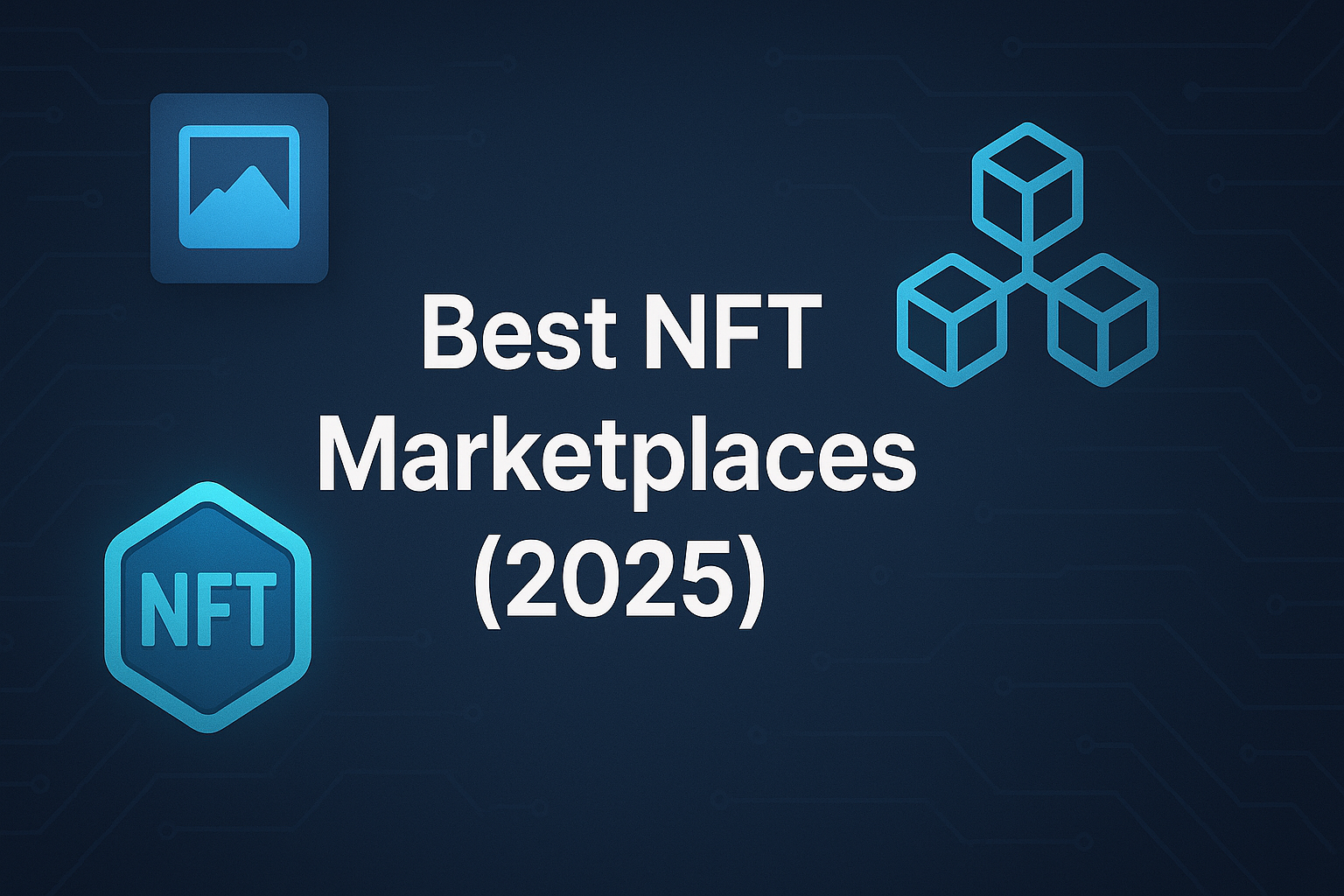
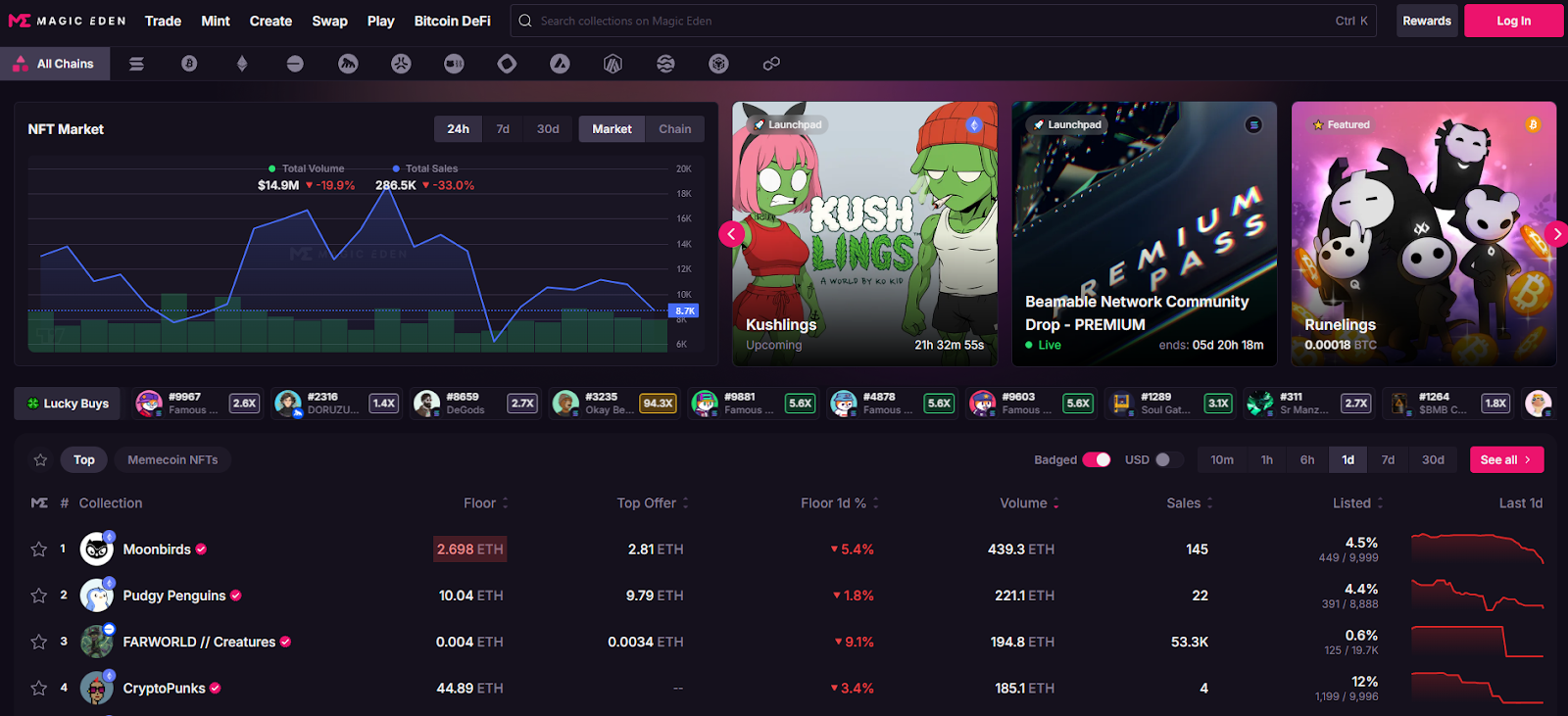

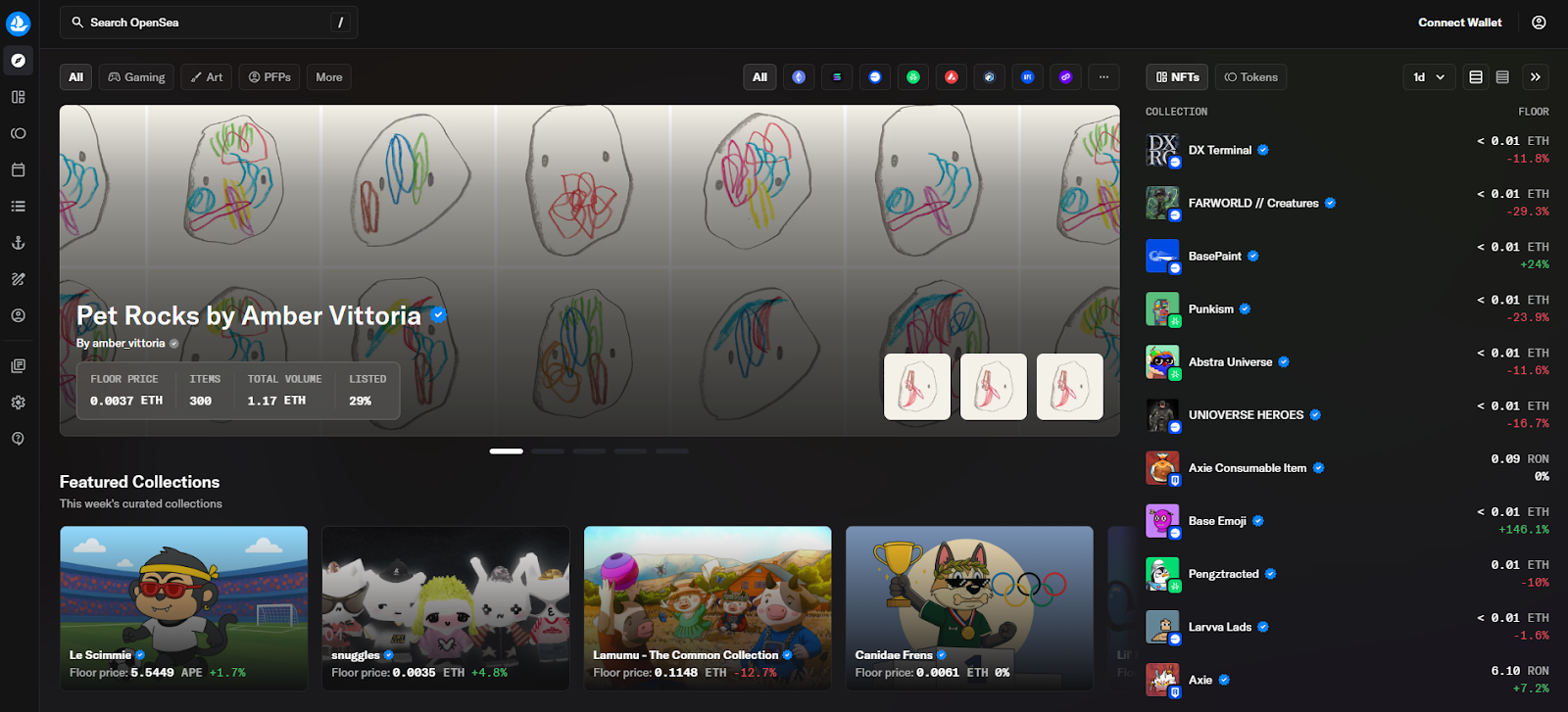
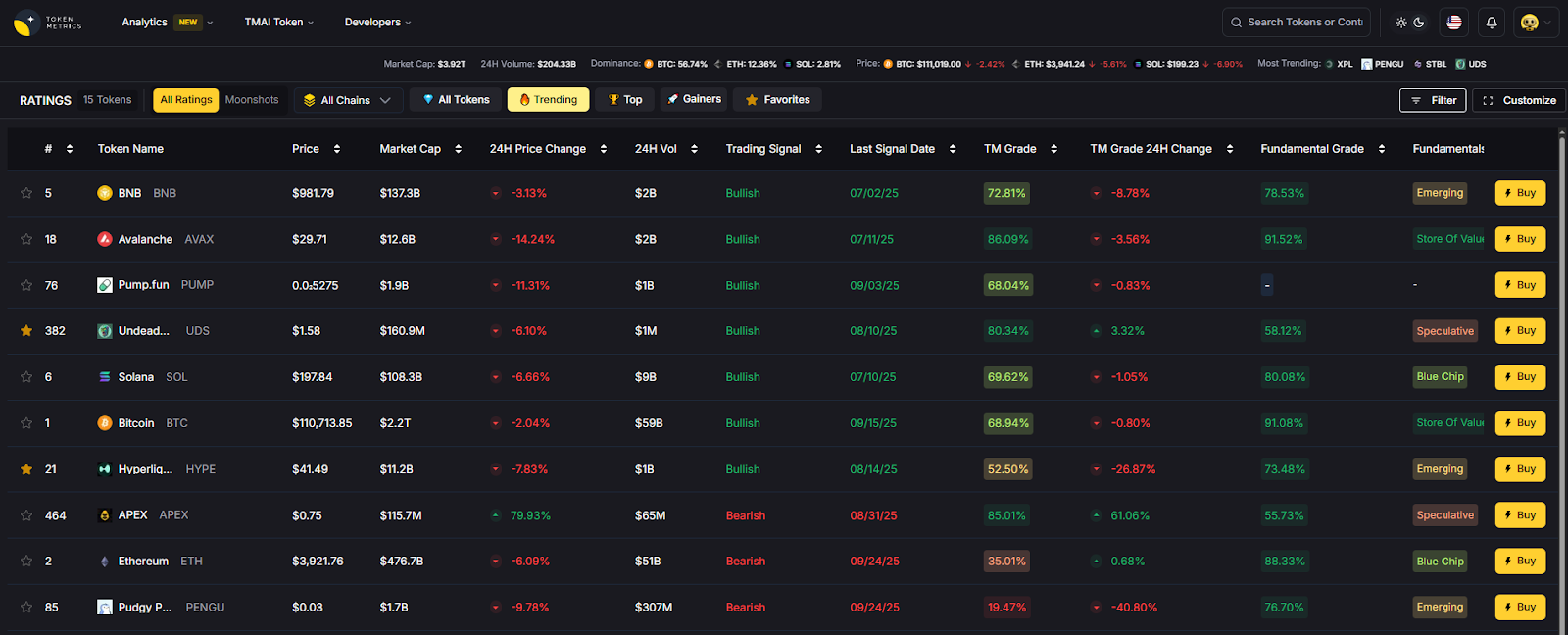
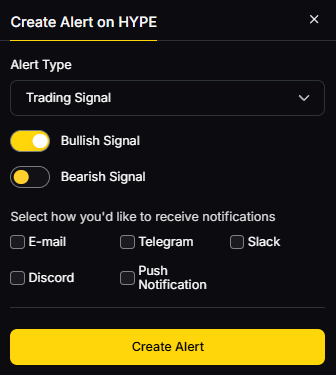

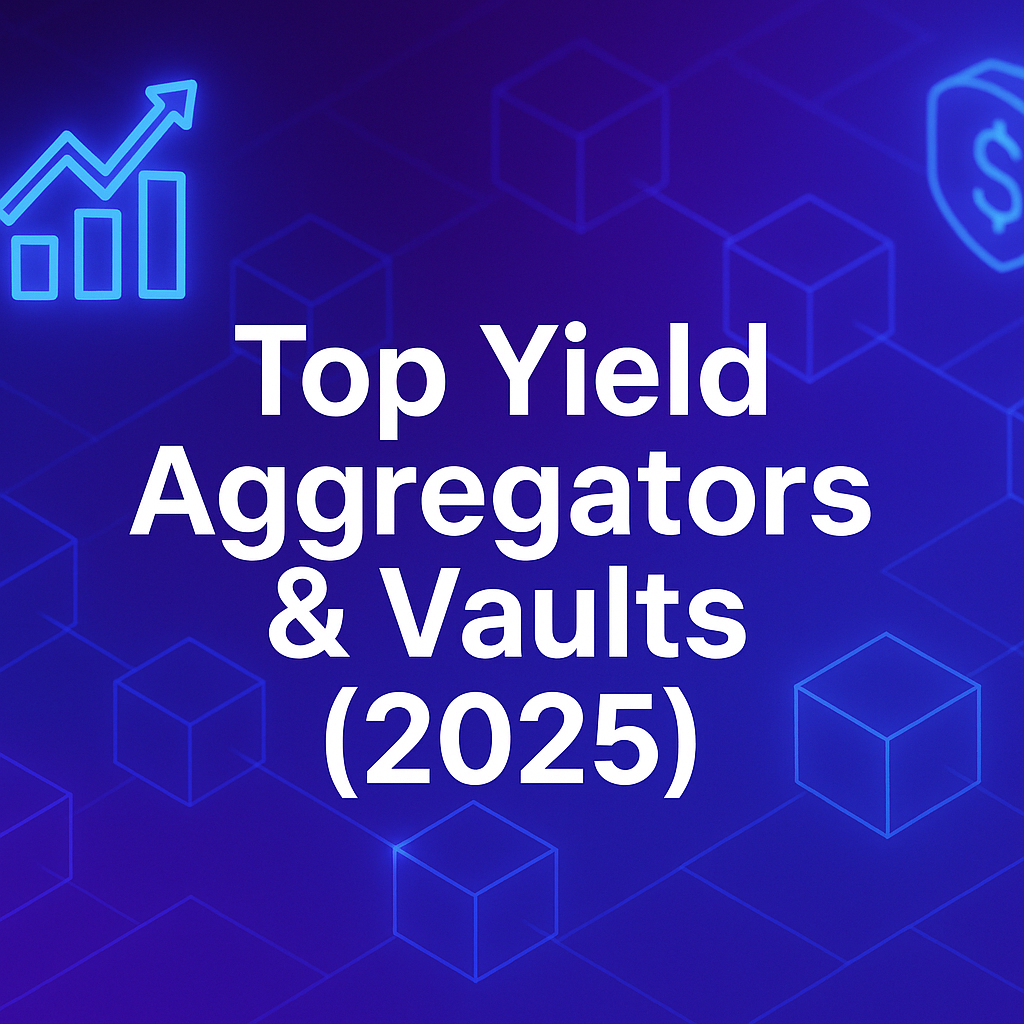
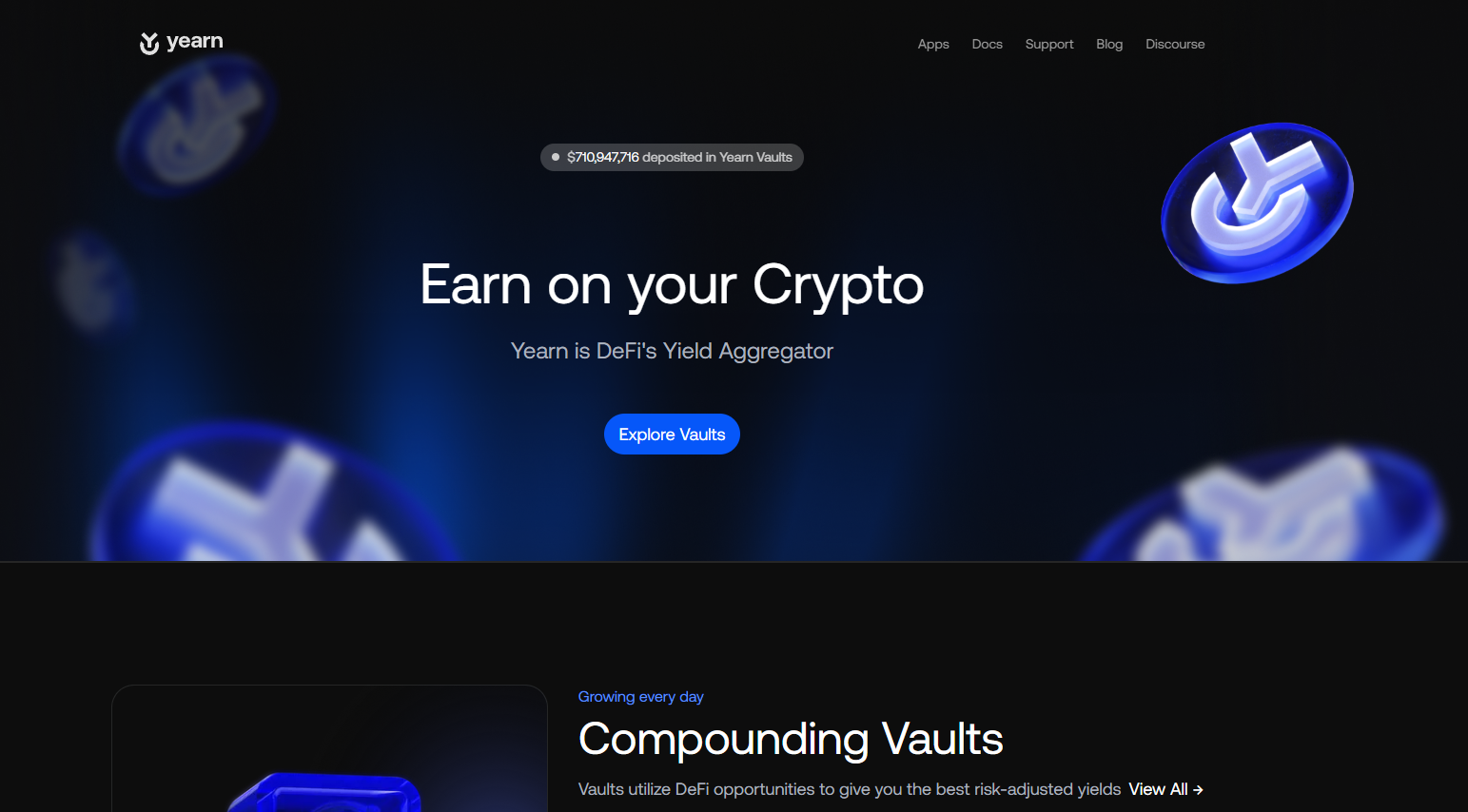
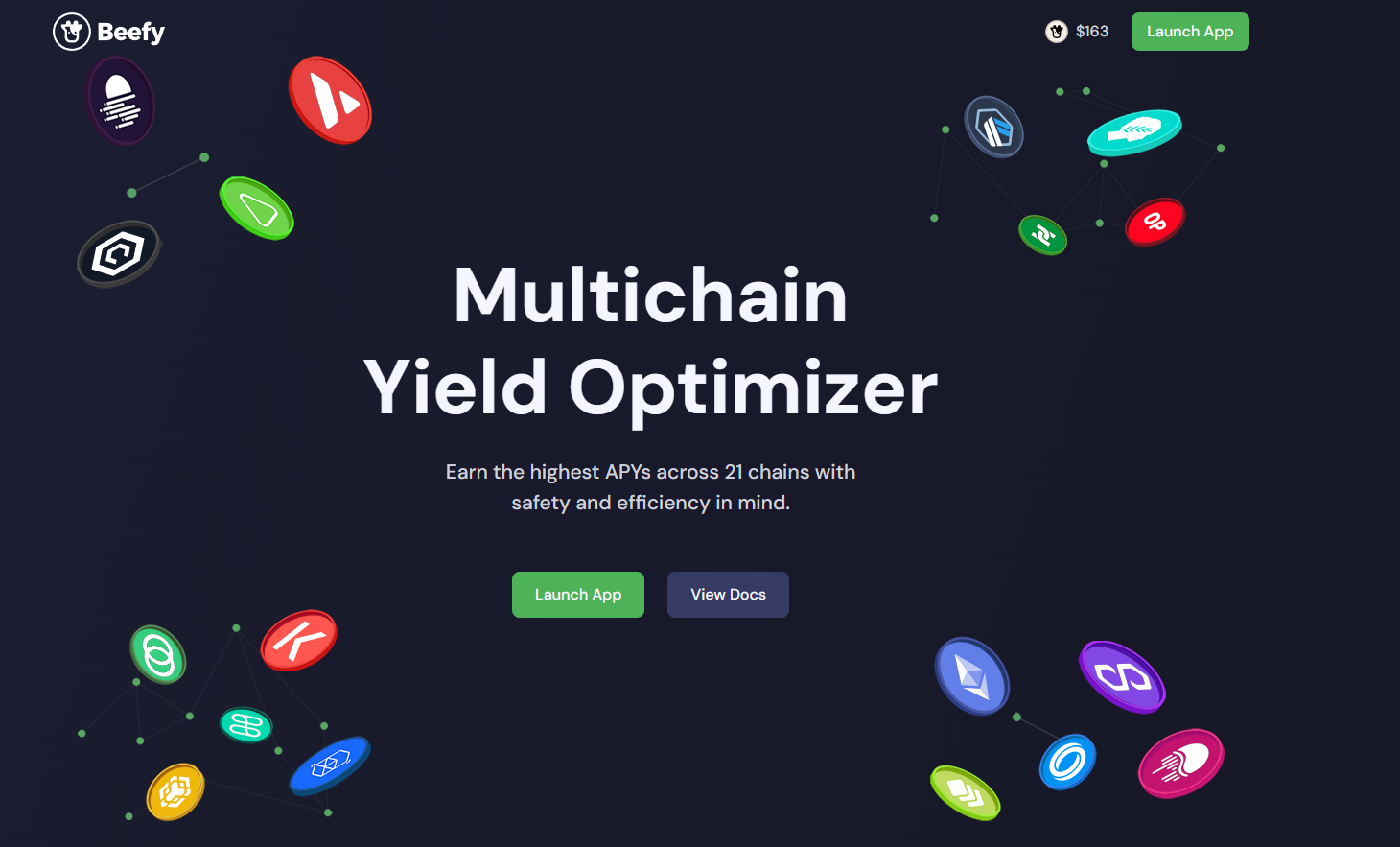
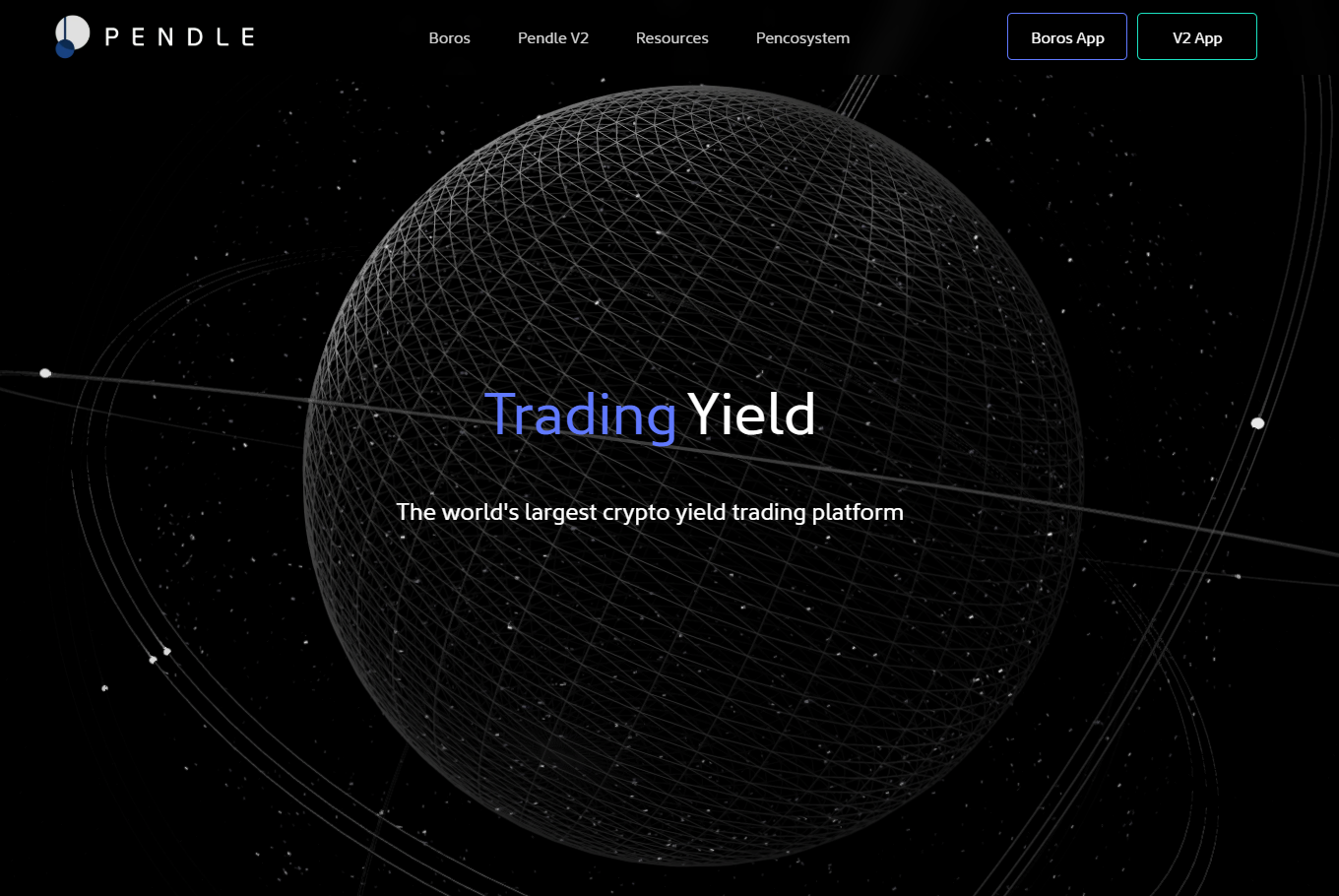
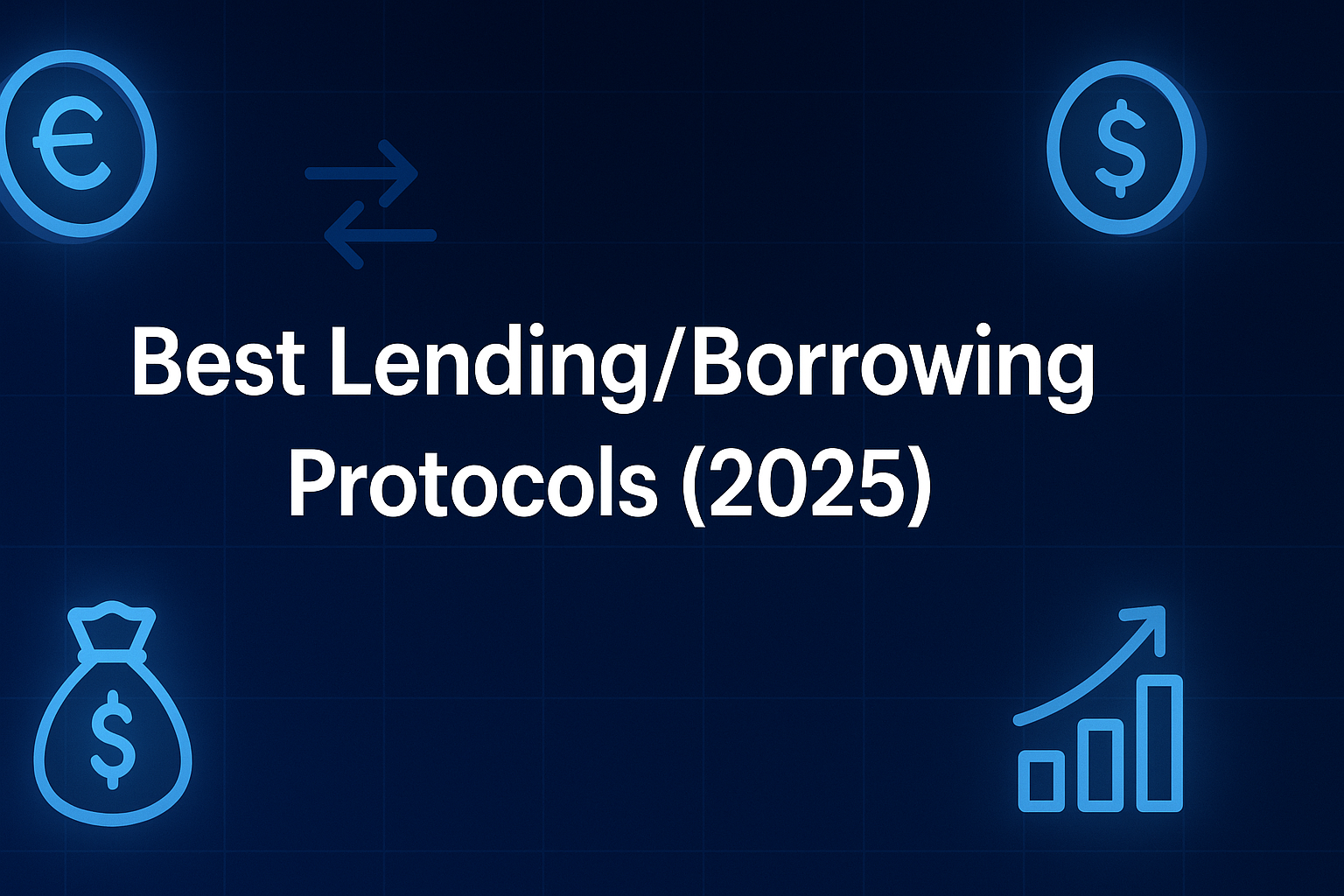
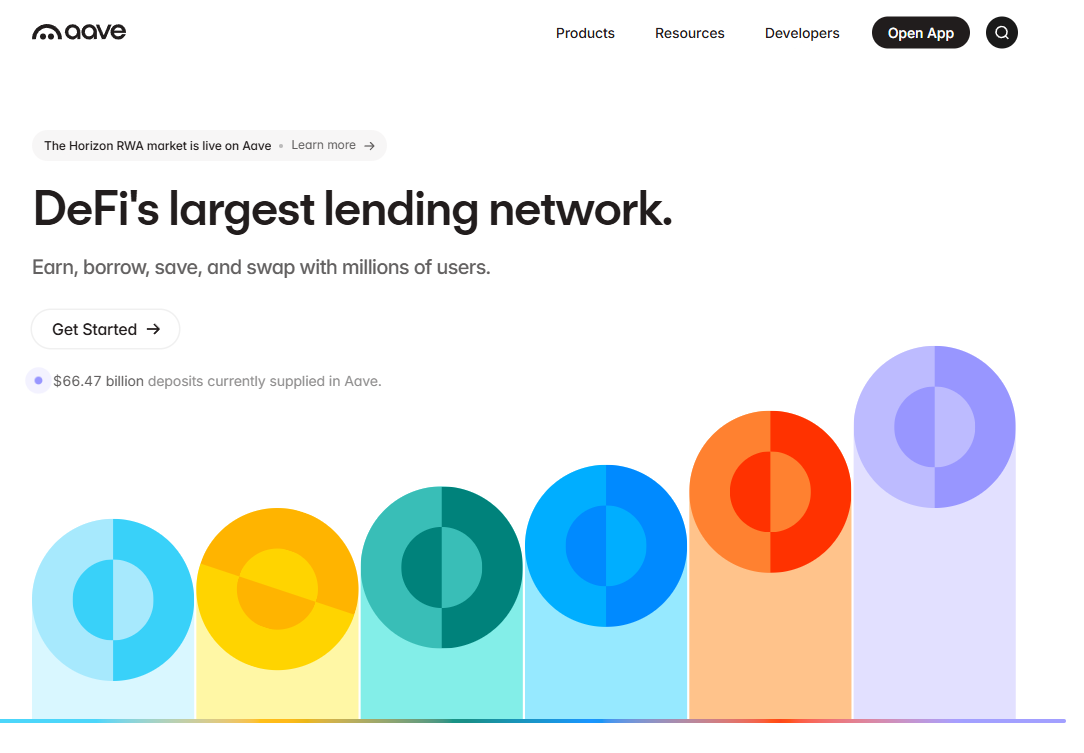


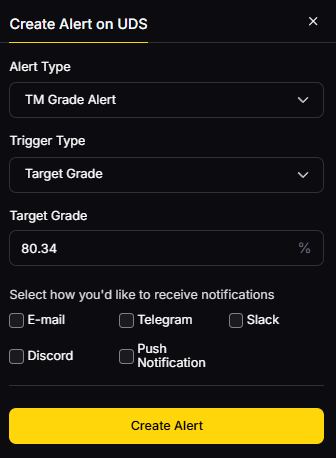



.svg)




.png)